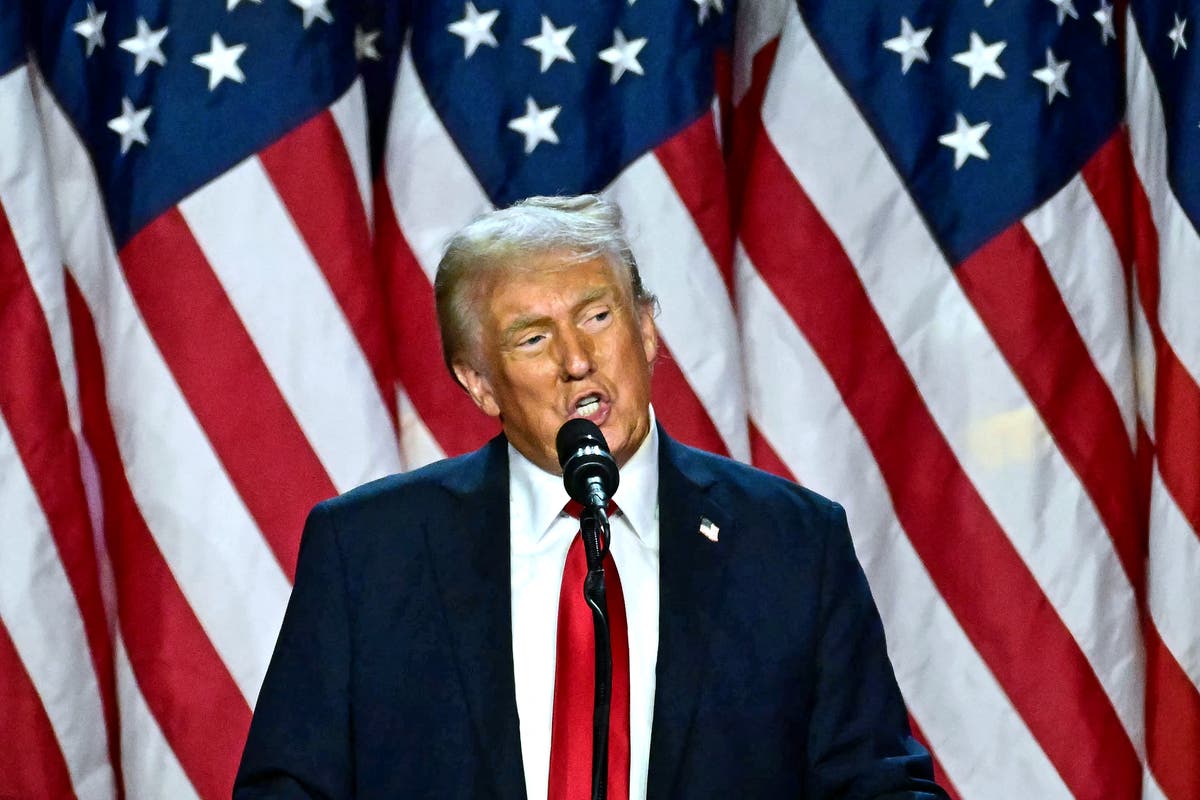Bussiness
Chinese firms in US see more negative business climate: survey

“The overall revenue trend in 2023 continued the clear decline that began in 2022,” according to the report, which was launched on Monday. “This trend marks a notable shift from the strong rebound year seen in 2021.”
Conducted in April and May, the survey asked about 100 Chinese companies – financial institutions, industrial enterprises and consumer discretionary firms, among others – about their revenue from the US market in the past year as well as their future outlook.
The American congressional review found that shareholders in Chinese businesses faced risks including limited transparency and the danger they would undercut US national security by buying shares in dual-use civilian and military Chinese firms.
Such sentiments were echoed by Chinese firms in the CGCC survey.
More than 65 per cent of the respondents said “the complexity and vagueness of US regulatory and sanctions policies towards China” represented a main challenge in branding and marketing in the US market.
Another widely held view among the surveyed businesses was that there was a “pervasive anti-China sentiment in American public opinion”, at 59 per cent.
“These [results] highlight the intricate policy environment and the hostile public sentiment influenced by ongoing US-China trade tensions,” the report said.
Looking ahead at this year and the next, more than 90 per cent of respondents said they saw “stalemate in Sino-US bilateral relations political and cultural relations” as a challenge of doing business in America.
Meanwhile, 86 per cent harboured apprehensions about “frictions in Sino-US economic and trade relations”.
Compared to last year’s survey, more companies this year expressed concern about both challenges.
And although companies said they were more pessimistic on future bilateral and economic relations, many respondents voiced long-term optimism.
The report noted that in 2023 nearly 60 per cent said they aimed this year to maintain a stable level of investment, with 30 per cent planning to boost it. About one-seventh said they intended to reduce their investment.
“Chinese companies have demonstrated outstanding resilience” in adapting to the US market, Hu said, “regardless of prosperity or adversity”.
US and China officials attending an event to discuss the results of the survey and to welcome the Chinese delegation to the annual Select USA Investment Summit also offered optimistic messages aimed at countering the increasingly negative sentiment.
Jing Quan, deputy chief of mission and minister at Beijing’s embassy in Washington,called on Chinese businesses to resist the idea of decoupling the two world’s largest economies.
“To improve our collaborations and mutual trust, businesses could take action to boost exchanges between people of both countries and manage our differences through discussions,” Jing said.
“I hope [Chinese businesses] remain confident in our bilateral relationship and hold a optimistic outlook of its future. Both countries share a wide range of mutual interests – we need each other. Decoupling will not bring any benefits,” he said.
Marisa Lago, under secretary of commerce for international trade at the US Department of Commerce, said the resumption of regular government-level exchanges “reduces the risk of misunderstanding and keeps irritants from escalating”.
Lago said the first meeting of the Commercial Issues Working Group, which she co-led with China’s Vice Minister of Commerce Wang Shouwen, in April was an important milestone and that her team is planning for a second meeting in China later this year.
“This direct communication enables both of our countries to raise and invest very specific commercial issues that are affecting our businesses and our workers,” she said.










